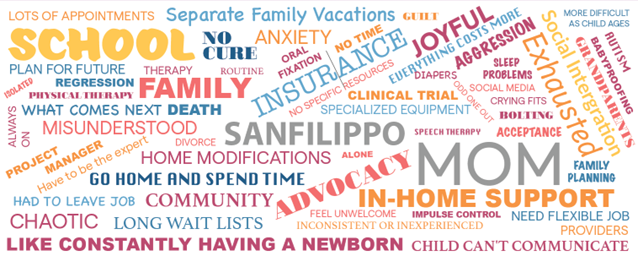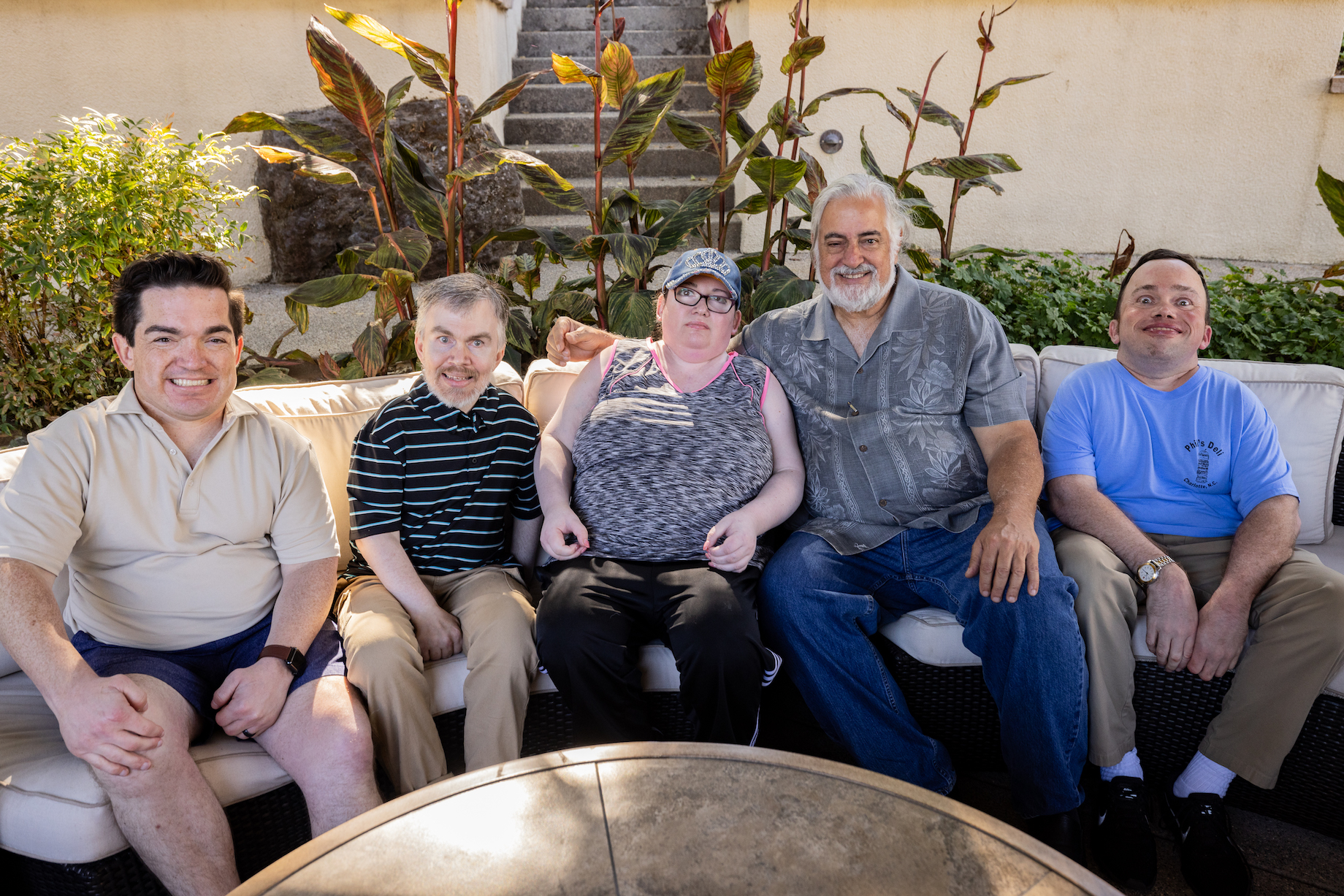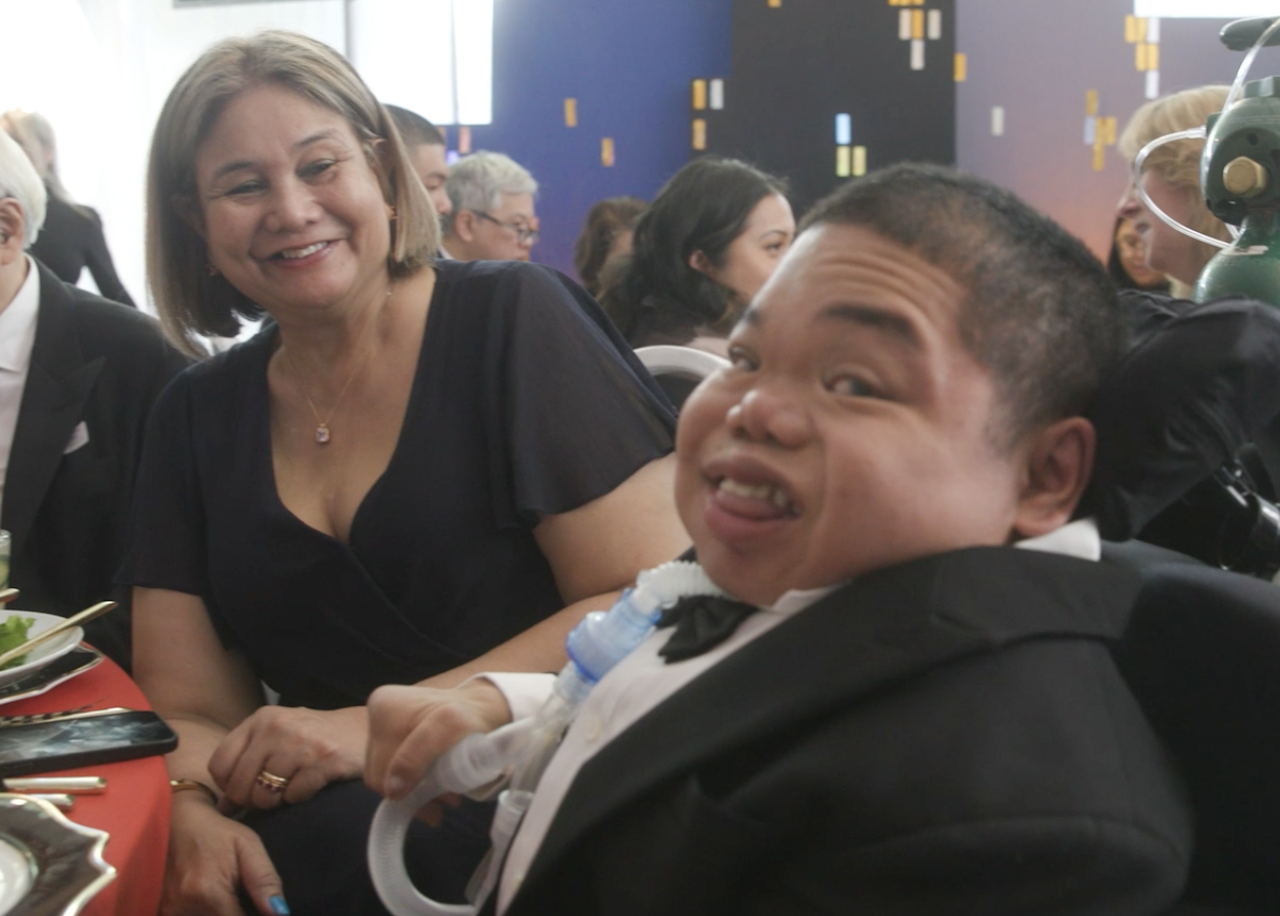Misunderstood. Isolated. No time, no specific resources. Always on.
These are just a few of the reflections Ultragenyx gathered in a recent study of caregivers and families who have children living with mucopolysaccharidosis Type III (MPS III), also known as Sanfilippo syndrome.
Sanfilippo syndrome primarily affects the central nervous system and is marked by rapid neurodegeneration, beginning in early childhood. Children living with this condition experience global developmental delay, leading to a decline in cognitive function and hindering their ability to acquire new skills including walking, communicating, and performing many everyday tasks. Because of this, treatment focuses on managing symptoms to limit their quality-of-life impact, placing significant burdens on both those affected and their caregivers.
In recognition of World Sanfilippo Awareness Day (November 16), we’re spotlighting findings from our study that highlight the powerful stories of families affected by Sanfilippo syndrome—stories that underscore the urgent need for greater awareness and support. We presented these insights earlier this year at the ISPOR 2025 Annual Meeting – the leading global conference for health economics and outcomes research and Raquel Marques, one of the caregivers who participated in the study, presented an encore of the presentation this month at the 4th International Sanfilippo Conference in Geneva.
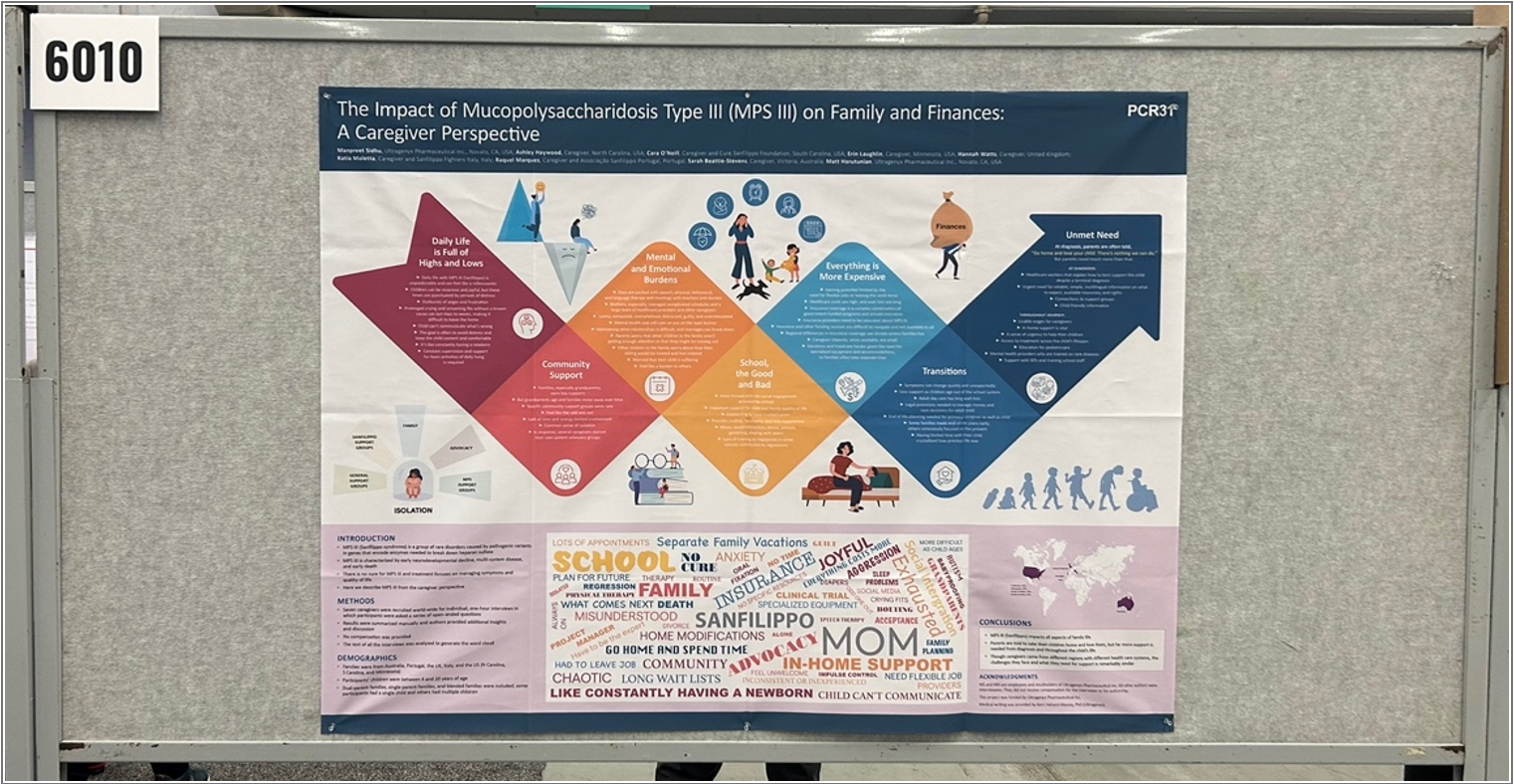
Photo: The poster presentation at ISPOR 2025.
Understanding the practical and emotional realities of caregiving
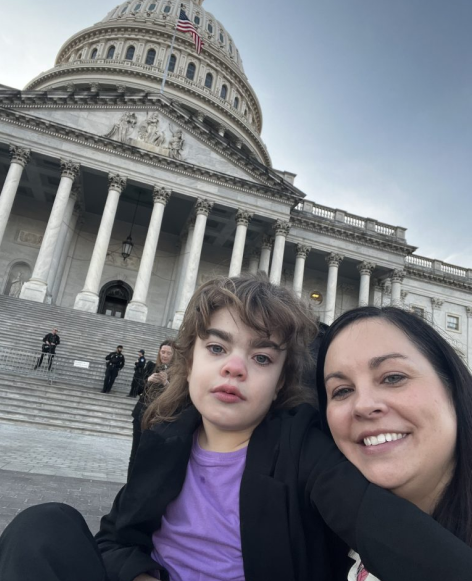
Photo: Ashley and her daughter, Sadie
To delve deeper into the impact of Sanfilippo syndrome on families, Ultragenyx conducted interviews with seven caregivers of children living with various types of the condition including type A, type B and type C, focusing on their experiences from five countries including Australia, Italy, Portugal, the United Kingdom and the United States. Dual-parent, single-parent, and blended families from across the world participated in these discussions, revealing the complex and multifaceted challenges they face.
Among these voices was Ashley Haywood, who lives in North Carolina with her daughter, Sadie Rae, who was diagnosed with Sanfilippo syndrome type A at just three months old. Ashley shared that over the years she has learned not only to advocate for Sadie but also for herself.
“It’s important that more people understand caregiving, even caregivers themselves,” Ashley explained. “There are so many things that affect caregivers mentally, financially, physically, emotionally, and socially— careers, stress, grief, marriage, other children and daily life. Hopefully, by sharing this study, we will be able to make some changes that can relieve some of the stress of caregiving.”
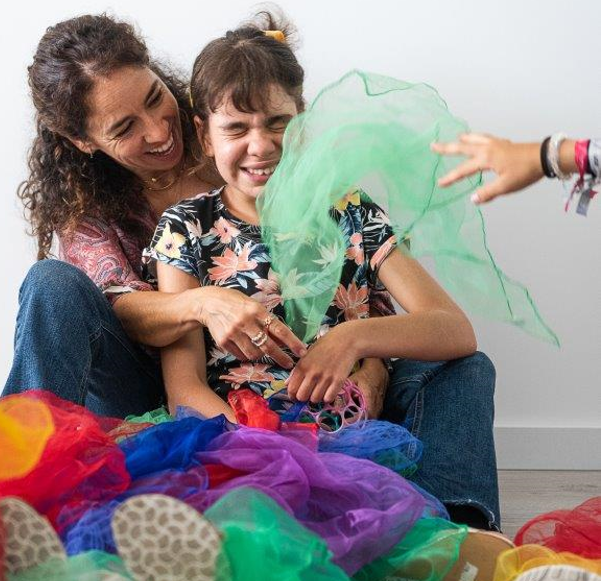
Photo: Raquel and her daughter, Joana
“Through sharing experiences, even very hard ones, people feel more empathetic, put themselves in the other person’s shoes and help,” Raquel explains. “When I mention helping, I don’t mean just financial help, but helping to reduce any forms of isolation that families may feel. To integrate them in their actions, activities, in their community and in that way make society more inclusive.”
In our discussions, Ashley, Raquel and other caregivers described lives filled with these practical and emotional challenges. Many described their experiences like constantly caring for a newborn, with children requiring continuous supervision and support for all of their daily activities. Outbursts of anger, prolonged crying, oral fixations, and sleep disturbances are common, all while the child often cannot communicate what is wrong. Caregivers frequently describe themselves as “project managers” in addition to “parents” as they orchestrate complex schedules of medical appointments and meetings with educators.
“Through sharing experiences, even very hard ones, people feel more empathetic, put themselves in the other person’s shoes and help,” Raquel explains. “When I mention helping, I don’t mean just financial help, but helping to reduce any forms of isolation that families may feel. To integrate them in their actions, activities, in their community and in that way make society more inclusive.”
In our discussions, Ashley, Raquel and other caregivers described lives filled with these practical and emotional challenges. Many described their experiences like constantly caring for a newborn, with children requiring continuous supervision and support for all of their daily activities. Outbursts of anger, prolonged crying, oral fixations, and sleep disturbances are common, all while the child often cannot communicate what is wrong. Caregivers frequently describe themselves as “project managers” in addition to “parents” as they orchestrate complex schedules of medical appointments and meetings with educators.

Photo: Raquel and her daughter, Joana
Each of these demands leaves caregivers feeling lonely, exhausted, overwhelmed, distracted, and guilty or worried that their child is suffering. As a result, caregivers shared that their own personal mental health and self-care are often placed on the back burner.
“Our personal care usually takes a back seat,” shares Raquel. “Because the demands of caring for a person with Sanfilippo are exhausting and require constant supervision. It’s normal to give up social life and leisure activities, not least because a significant family budget is needed to hire special babysitters to give the caregiver a break.”
The role of community support in caregivers’ lives
Over the years, Ashley, Raquel and the other study participants have become tireless advocates, not only for their children but the entire Sanfilippo community. They continue to fight for more reliable resources for families, as well as greater education for pediatricians, mental health providers, and school staff to improve understanding and care. This is especially important given the stark disparities in social and public support systems, which vary significantly based on where families live, not only country to country but even regionally across the U.S. Challenges such as insurance coverage, resource availability, and educational needs each demand ongoing attention.
When meeting with other caregivers, Ashley often emphasizes the importance of building networks and seeking out available support systems, even if it means creating them. “Having a community that is going through the same experience as you is a game changer,” she shared. “They understand; they can give you advice and help you out with the things they’ve learned along the way.”
As we reflect on the stories of Ashley, Raquel and others, it’s clear we must continue advocating for improved and equitable social support systems across the global landscape of rare disease. By raising awareness and fostering understanding, we can honor the resilience of caregivers and work towards a future where they feel supported, understood, and empowered to care for themselves as much as they care for others. As Ashley shares:
I have learned to ask for help and the importance of self-care. I can’t be the best version of me if I don’t take care of myself.

